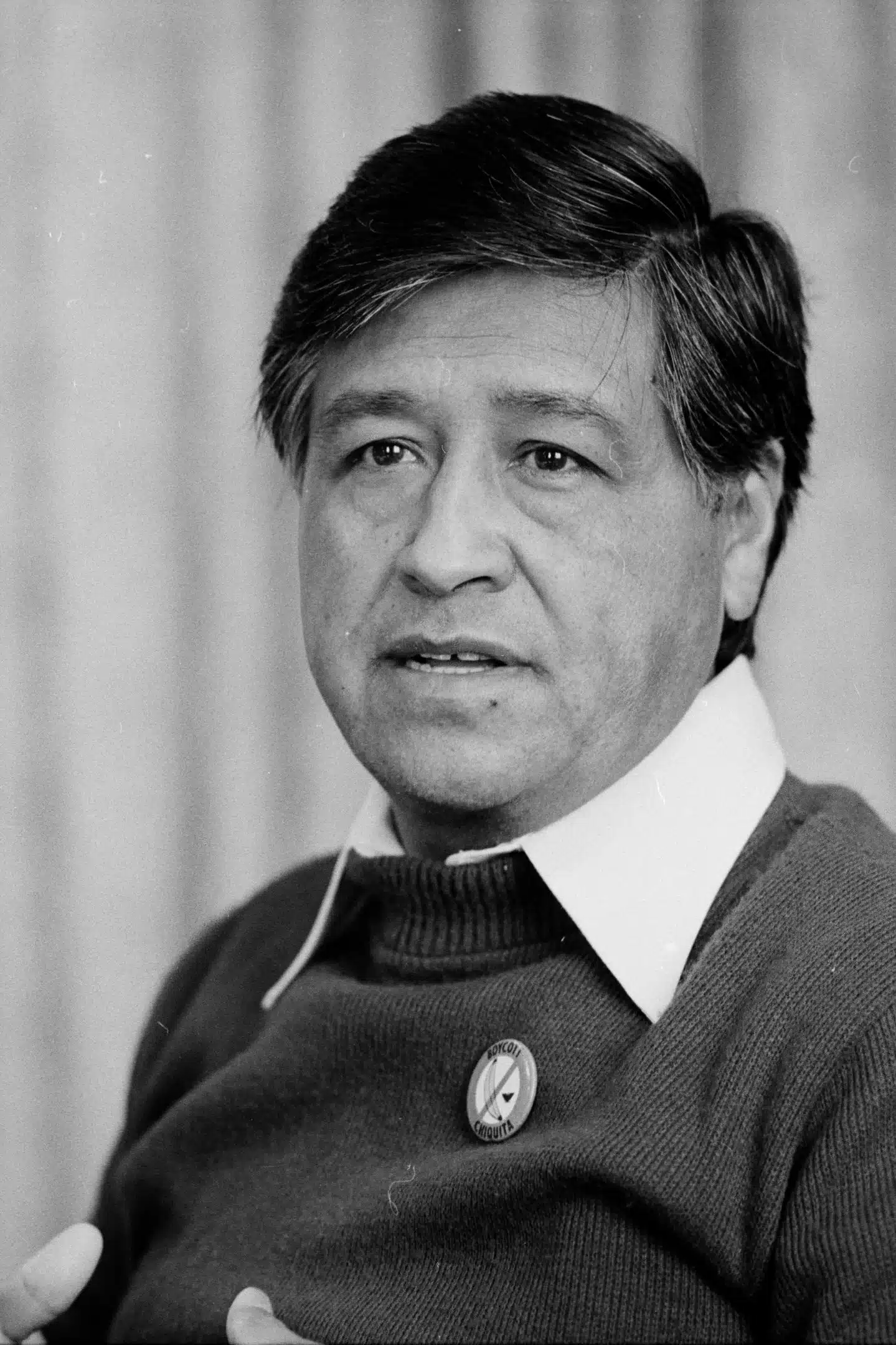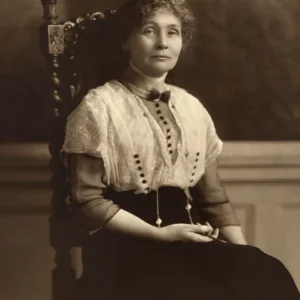Cesar Chavez, born on March 31, 1927, in Yuma, Arizona, was a prominent labor leader and civil rights activist who dedicated his life to improving the working and living conditions of farm workers in the United States. As the co-founder of the National Farm Workers Association (later known as the United Farm Workers, or UFW), Chavez played a pivotal role in bringing national attention to the plight of farm workers and advocating for their rights. His commitment to nonviolent protest and social justice has left a lasting legacy in the labor movement and continues to inspire activists today.
Early Life and Background
Birth and Family
Cesar Estrada Chavez was born into a Mexican-American family in Yuma, Arizona. He was one of six children born to Librado Chavez, a small farmer and businessman, and Juana Estrada Chavez. The Chavez family lived a modest life, working on their farm and in their small grocery store. However, the Great Depression and a series of financial hardships forced the family to sell their farm and move to California in search of work.
Childhood and Education
As migrant farm workers, the Chavez family faced numerous challenges, including poverty, discrimination, and harsh working conditions. Chavez attended more than thirty different schools as his family moved from place to place following the harvests. Despite these difficulties, he developed a strong sense of social justice and empathy for the struggles of farm workers. Chavez left school after the eighth grade to help support his family, but he continued to educate himself by reading and learning about social issues.
The Path to Activism
Military Service
In 1944, at the age of 17, Chavez enlisted in the U.S. Navy during World War II. He served for two years, primarily stationed in the Western Pacific. Chavez’s time in the military exposed him to different cultures and broadened his perspective on social justice issues. After being honorably discharged in 1946, he returned to California and resumed working as a farm laborer.
Early Involvement in Labor Activism
In the late 1940s and early 1950s, Chavez became involved in community organizing and labor activism. He joined the Community Service Organization (CSO), a Latino civil rights group, where he worked under the mentorship of Fred Ross Sr. Chavez quickly rose through the ranks of the CSO, becoming a prominent organizer and leader. His work with the CSO focused on voter registration, fighting police brutality, and advocating for workers’ rights.
Founding of the National Farm Workers Association
Formation of the NFWA
In 1962, Chavez co-founded the National Farm Workers Association (NFWA) with Dolores Huerta, a fellow labor activist. The NFWA aimed to improve the lives of farm workers through collective bargaining, advocacy, and nonviolent protest. The organization sought to address issues such as low wages, poor working conditions, lack of access to healthcare, and the exploitation of migrant laborers.
Delano Grape Strike
One of the most significant events in Chavez’s activism career was the Delano Grape Strike, which began in 1965. The strike was initiated by Filipino farm workers in Delano, California, who were demanding higher wages and better working conditions. Chavez and the NFWA joined the strike in solidarity, and the two groups formed a united front against the grape growers.
Nonviolent Protest and Boycotts
Chavez was deeply committed to the principles of nonviolent protest, inspired by the teachings of Mahatma Gandhi and Dr. Martin Luther King Jr. He organized peaceful marches, hunger strikes, and boycotts to draw attention to the plight of farm workers. One of the most successful tactics was the nationwide boycott of California grapes, which garnered widespread support and pressured grape growers to negotiate with the striking workers.
The United Farm Workers and Achievements
Formation of the UFW
In 1966, the NFWA merged with the Agricultural Workers Organizing Committee (AWOC), a group of predominantly Filipino farm workers, to form the United Farm Workers (UFW). The UFW became the first successful farm workers’ union in the United States, advocating for better wages, working conditions, and legal protections for farm laborers.
Legal and Policy Victories
Under Chavez’s leadership, the UFW achieved several significant victories for farm workers. The union secured contracts with major agricultural companies, which included provisions for fair wages, improved working conditions, and benefits such as healthcare and pensions. The UFW also played a crucial role in the passage of the California Agricultural Labor Relations Act in 1975, which granted farm workers the right to unionize and engage in collective bargaining.
Continued Advocacy
Chavez’s dedication to social justice extended beyond labor rights. He was an advocate for environmental protection, opposing the use of harmful pesticides that endangered both farm workers and consumers. He also supported civil rights causes, including the struggle for Latino and immigrant rights. Chavez’s commitment to nonviolence and justice earned him admiration and respect from activists and leaders around the world.
Personal Life and Challenges
Family and Faith
Chavez was a devout Catholic, and his faith played a central role in his activism. He often invoked religious imagery and themes in his speeches and actions, and he believed that his work was a calling to serve others. Chavez married Helen Fabela in 1948, and the couple had eight children. Despite the demands of his activism, Chavez remained devoted to his family and maintained a close relationship with them throughout his life.
Health Struggles and Legacy
In his later years, Chavez faced health challenges, including diabetes and other ailments related to the physical and emotional toll of his activism. He continued to work tirelessly for the UFW and other causes until his death on April 23, 1993. Chavez’s legacy lives on through the ongoing work of the UFW and the many activists and organizations inspired by his example.
Conclusion
Cesar Chavez’s life and work have left an indelible mark on the labor movement and the fight for social justice in the United States. As a champion of farm workers’ rights, he brought national attention to their struggles and achieved significant victories that improved their lives. Chavez’s unwavering commitment to nonviolent protest, his advocacy for marginalized communities, and his dedication to justice and equality continue to inspire and guide activists today. His legacy is a testament to the power of grassroots organizing and the enduring impact of a single individual’s dedication to making the world a better place.

